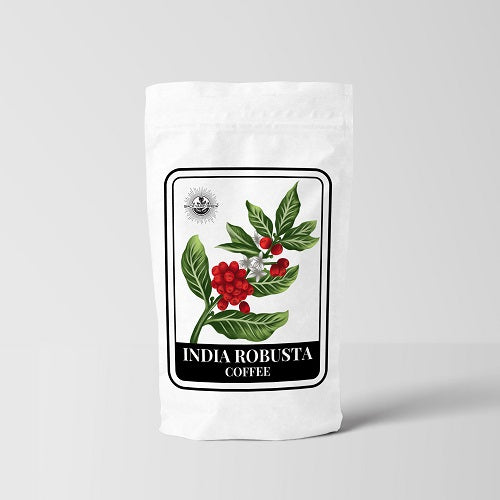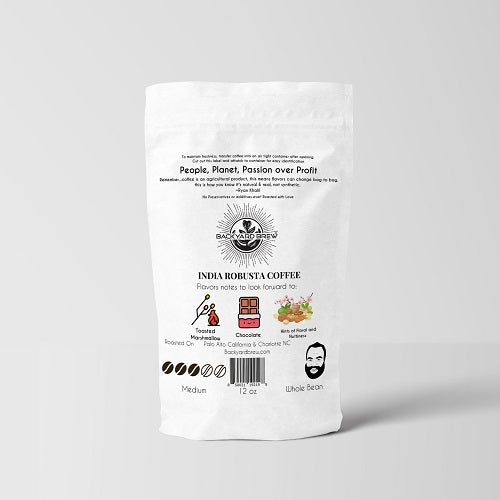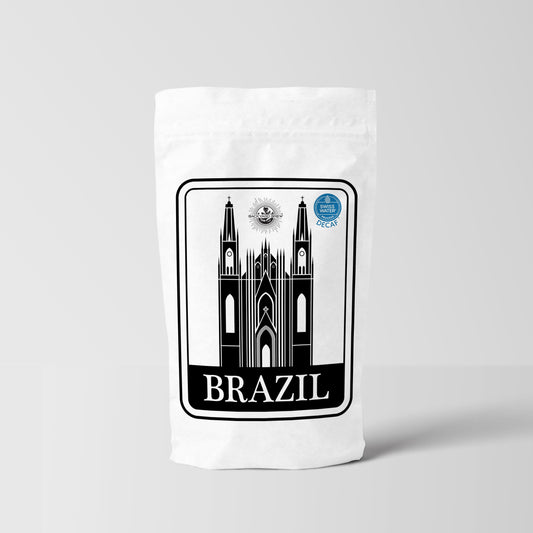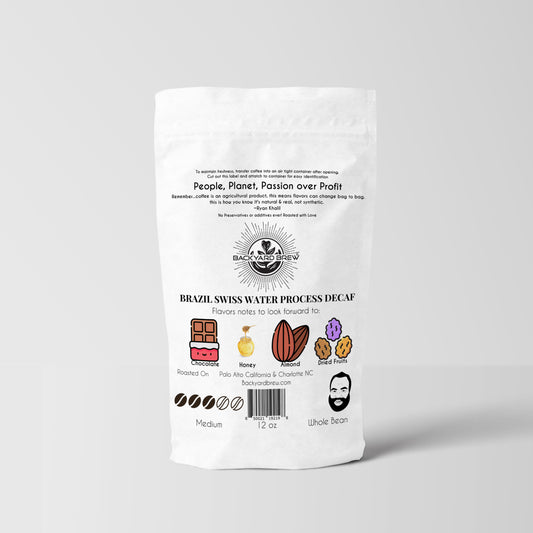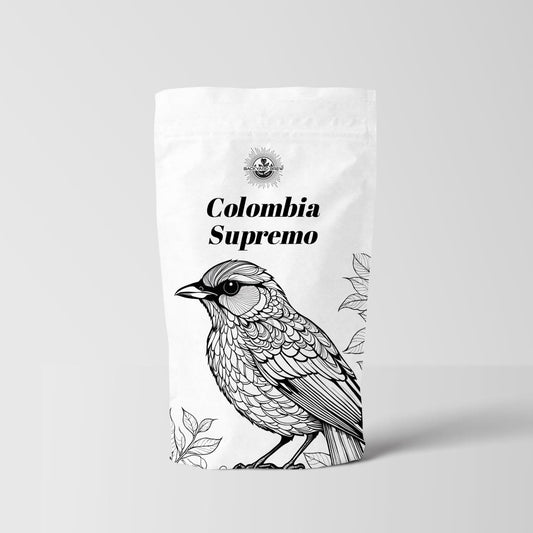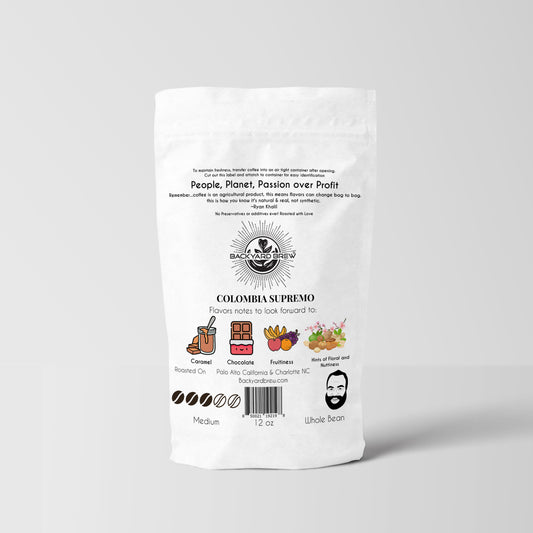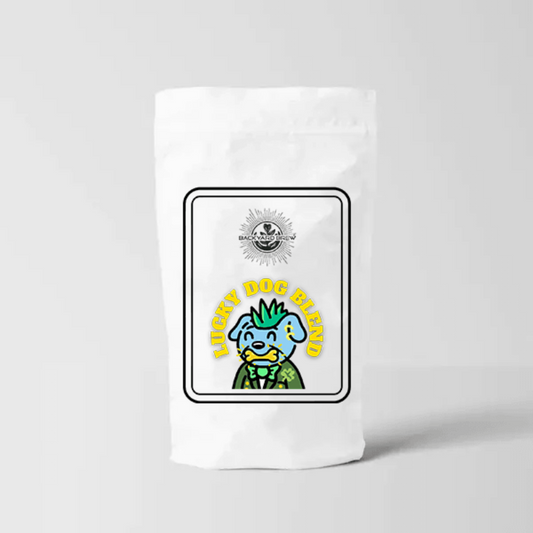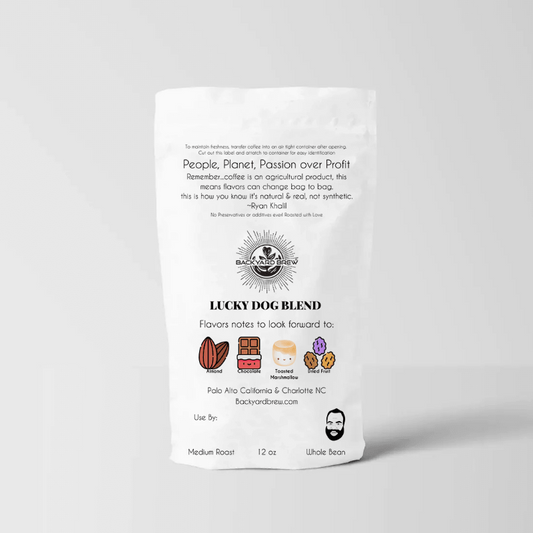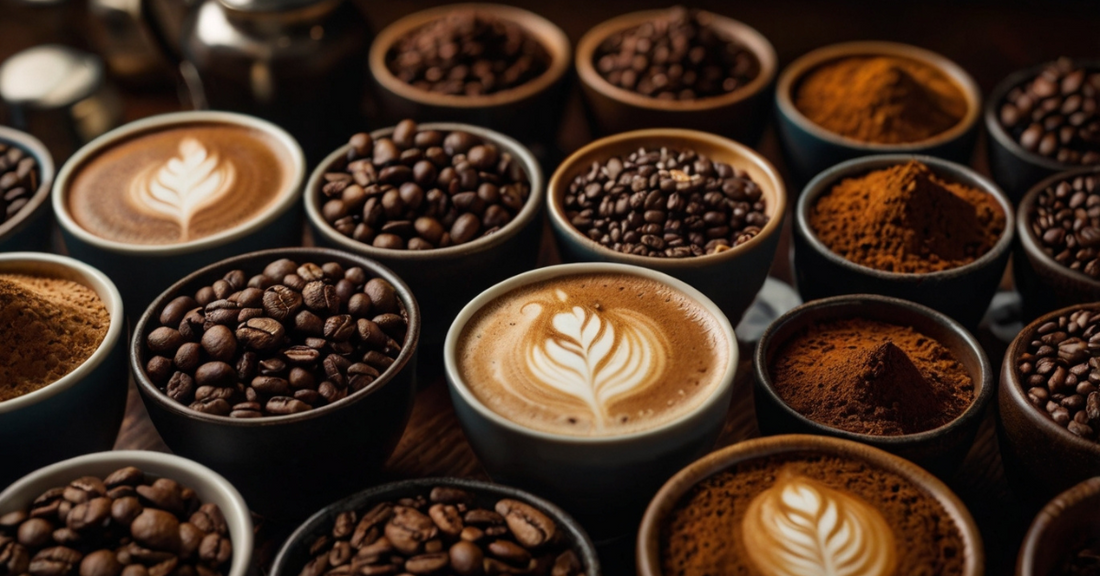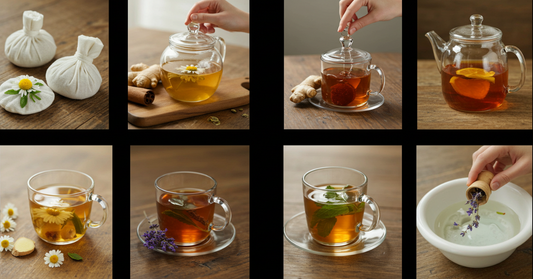Cup of Coffee Blends - Your Guide to a Delicious Cup of Joe
Related Product
Subscribe
Table of Contents
Love a good cup of coffee? Well, all of your favorite lattes, cappuccino, or espresso are brewed with coffee blends. Yes, that’s right! Most have a specialty blend backing the flavor and aroma of their coffees. And no, by blend, I don’t mean the grocery-store-bought coffee that tastes mundane (and numbing too). If you are a true coffee lover, you should know what goes in your favorite cup of Joe. So, here we are - with a comprehensive guide on different coffee blends. Keep reading to find out what a blend is and what different varieties you can explore.
|
Different Types of Coffee Blend |
|
|
Espresso Blend |
A combination of beans designed specifically for espresso, offering rich flavors and a thick crema. |
|
Breakfast Blend |
A light to medium roast blend that is smooth and approachable, ideal for morning consumption. |
|
House Blend |
A signature blend created by a coffee shop or roaster, reflecting their unique flavor profile. |
|
Dark Roast Blend |
Emphasizes darker roasted beans for a bold, smoky flavor with low acidity. |
|
Flavored Blend |
Coffee infused with additional flavors like vanilla or hazelnut, providing a unique taste experience. |
|
Decaf Blend |
Blends crafted to contain little to no caffeine, allowing enjoyment of coffee without stimulation. |
|
Regional Blend |
Combines beans from specific coffee-growing regions, showcasing their unique characteristics. |
|
Seasonal Blend |
Special blends created to capture the essence of a particular season or holiday, often featuring festive flavors. |
What is a Coffee Blend?
A coffee blend is a combination of two or three (or more) single-origin coffee beans. Blends are known for their complexity, consistency, and richness. After all, every blend has the unique qualities and taste of all the different origins used in it. Also, unlike single-origin coffee blends caters to diverse taste preferences. This is why blends are more preferred than single-origin coffee.
“The goal of blending coffee beans is to create a balanced, smooth-tasting coffee that has the unique traits of different regions.”
What a coffee blend is the first thing you should know if you want to increase your coffee knowledge. You should know that most cafes use coffee blends to make their drinks, be it black coffee, lattes, or cappuccino. If you want a cafe-like experience at your home, you can shop at Backyard Brew. We have the most exquisite collection of specialty coffee blends waiting for you to explore. Now that you know about what a blend is, let's talk about how it differs from single-origin coffee.
|
How do Blends Differ From Single-Origin Coffee?
The answer is simple: origin. Coffee blends feature coffee beans from different farms in different regions. On the other hand, single-origin coffee has beans from one origin. you should know that origin refers to where the coffee is grown. This can be a country, a farm, or several farms within our country.
“Single-origin coffee refers to beans grown within a single geographical region“ - Wikipedia
The beans from a single origin reflect their growth conditions and terroir. Meanwhile, in blends, beans from different regions are mixed to achieve a specific, balanced, and consistent flavor profile. Here is a comparison of both blends and single-origin coffee:
|
Single-Origin Coffee Vs. Coffee Blends |
||
|
Variable |
Consistency |
Consistent |
|
Strong |
Terroir |
Minimal |
|
Unique |
Flavor Profile |
Balanced |
|
Bright |
Acidity |
Mellow |
This is quite an appropriate representation of both the qualities of single-origin coffee and blends. It is now time to move on to how different coffee beans are blended.
How is Coffee Blended?
Coffee roasters usually follow a specific recipe to blend different beans in the right proportions. Besides, the key is to mix the beans without breaking them. For this, usually, a large purpose-built blender is used. The final physical blending ensures that every cup tastes as harmonious as the other. Moreover, roasters used two methods of blending coffee beans as follows:
- Pre-blending Coffee
- Post-blending Coffee
Both these processes give a different flavor and aroma to your cup of coffee. Here is all you need to know about them:
-
Pre-Blend
Pre-blending coffee involves mixing different coffee beans before the roasting process. For this, coffee roasters take beans from different regions in their green form and mix them. After this step, they undergo roasting. It’s a quicker way to make coffee blends. And because it’s fast and less expensive, it’s used by many commercial coffee manufacturers. However, different beans react differently to heat. So, when all are heated together, some may be left overdeveloped and some under-developed.
-
Post-Blend
Post-blending is the process of mixing different coffee beans after roasting them. This involves roasting the green beans from different origins separately and then blending them. This way every bean is roasted to perfection and retains its identity. Post blending allows beans to reflect their finest qualities in the cup. Therefore this is a better method to blend your beans. And it is preferred by many specialty coffee providers around the world.
So, coffee lovers, you now know what coffee blend is and how the blending process takes place. Let’s move on to the next level: different blends you should explore.
What are the Different Types of Coffee Blends?
There is a variety of blends that coffee lovers can explore. Here is a list of different types of coffee blends:
1. House Blend Coffee
House blend coffee refers to a signature coffee blend created by a coffee shop or roaster. The main reason to make this blend is to reflect their unique flavor profile and brand identity. Usually, house blends feature coffee beans from different origins, roasted to achieve a well-rounded taste that appeals to a broad taste palate. You can always find house blends to be a balance of flavors, acidity, and body. Also, it is mostly. among the most popular blends at a coffee shop - and customers tend to love it.
2. Espresso Blend Coffee
Espresso blends are specially designed for brewing espresso. Just like all blends, this one also features a mix of coffee beans from various origins. The difference lies in the roast level. You should know that the espresso blend uses darker roasted beans. These enhance the sweetness and reduce the acidity of the brewed coffee. They are quite helpful in creating rich, balanced shots with a thick crema and a complex flavor profile. Moreover, espresso blends are the star of espresso-based drinks like lattes and cappuccinos. Blonde espresso features lighter roasts and offers a more acidic flavor.
3. Breakfast Blend Coffee
Breakfast blend coffee includes light to medium-roasted beans. These are used to make coffee that is smooth, approachable, and refreshing. This is why it’s an ideal choice for morning consumption. Again, like its counterparts, it uses coffee beans from different origins. Moreover, the highlight of breakfast blends is its bright acidity and mild flavors, such as floral or fruity notes. This is just the perfect blend to kickstart your day with. Another plus point: it pairs really well with your breakfast.
4. Seasonal/Holiday Blends
These are limited-edition blends specially made for a specific season. In fact, they are created to capture the essence of a particular season or festive occasion. Many coffee brands release them during holidays like Christmas, Thanksgiving, or fall. You should know that these blends are usually spiked with seasonal ingredients like spices, chocolate, or nutty notes. Each of these blends offers a unique and delightful experience. Besides, you can even buy these seasonal blends as gifts for your loved ones.
5. Decaf Blends
Decaf blends are for those who are cutting down on caffeine. These blends are specially crafted to have no caffeine. If you are a coffee lover wanting to avoid the stimulating effects of caffeine, these are for you. You should know that beans undergo a decaffeination process to remove caffeine while preserving flavor. Have coffee anxiety? Try our Ethiopia Yirgacheffe Swiss Water Decaf. It’s the perfect, caffeine-free fix for your coffee cravings. Now you can enjoy coffee any time of the day without disruption.
6. Regional Blends
Regional coffee blends feature beans from specific coffee-growing regions. They are popular for having the delightful characteristics and flavors of each area. In fact, they often showcase the distinct profiles of beans from regions such as Latin America, Africa, or Asia.
Did You Know?
Arabica coffee blend is among the most commonly used blends by coffee shops.
Another popular one is the Colombian coffee blend made with beans from different regions in Columbia. Moreover, Kona coffee is another example. It consists of 10% Kona coffee and 90% lower-cost coffee beans. You should know that Kona is a Hawaiian region.
7. Flavored Blends
These blends are usually infused with different flavors. These include vanilla, hazelnut, caramel, or seasonal spices like pumpkin spice. The flavoring can be added during the roasting process or after. Besides, the addition makes the coffee experience even more enjoyable. If you want a delightful twist to your coffee, trying these blends is a great choice.
Coffee Tip!
You should try the Mocha java blend for a chocolate-flavored coffee.
Conclusion
Blends are the backbone of a delightful coffee cup. Unlike single-origin coffee that offers a nuanced flavor, coffee is known for its balanced taste. This is the reason why most people love it. Besides, blends come in a lot of different types. From espresso blends to house blends, there is so much to explore. At Backyard Brew, we offer a range of signature blends for you to indulge it. So, if you want a cafe-style coffee experience at home, visit our store and do your taste buds some good.

